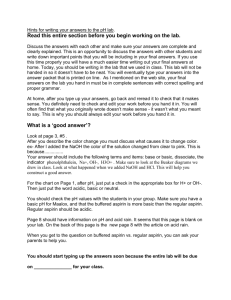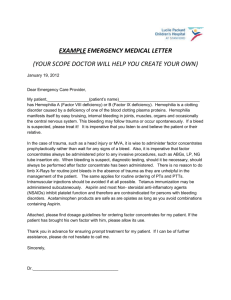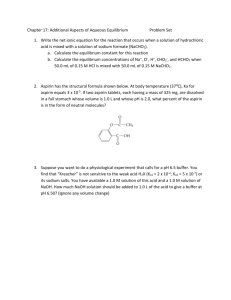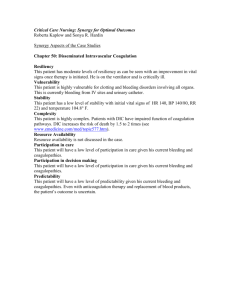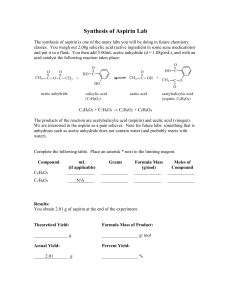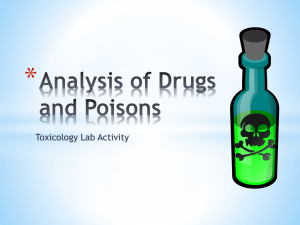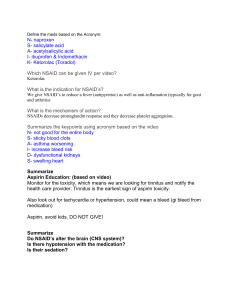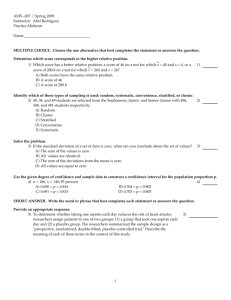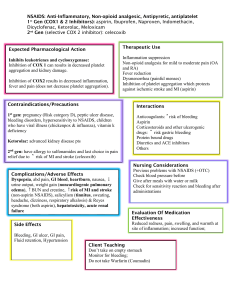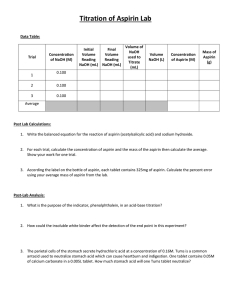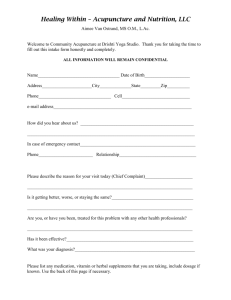Synergy Aspects
advertisement
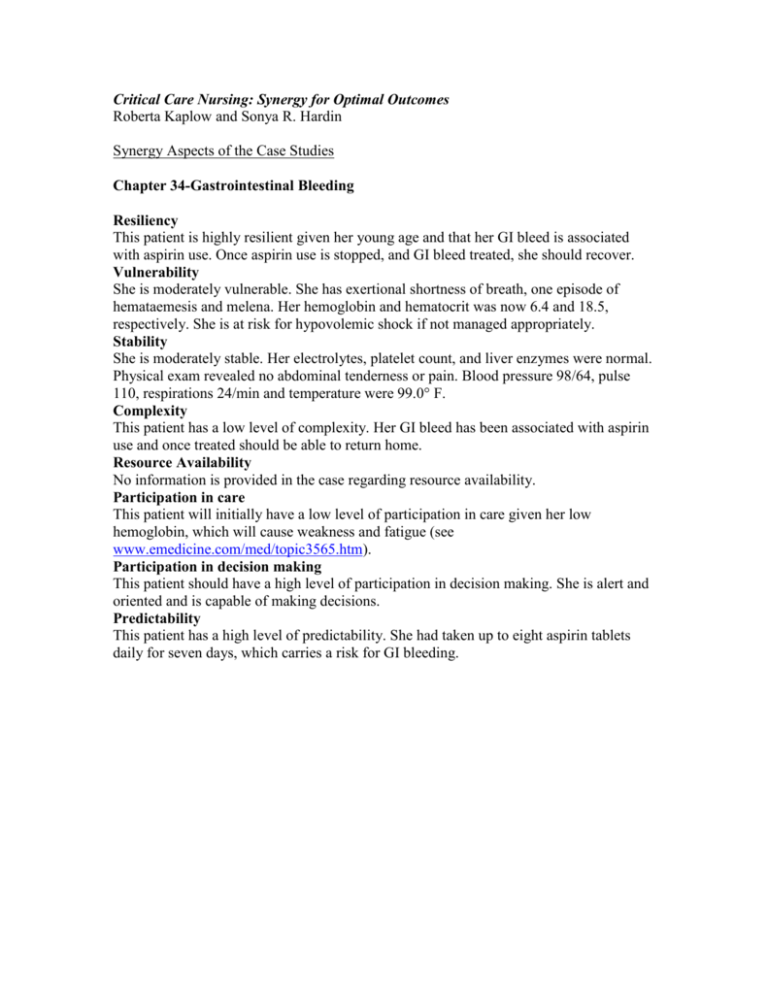
Critical Care Nursing: Synergy for Optimal Outcomes Roberta Kaplow and Sonya R. Hardin Synergy Aspects of the Case Studies Chapter 34-Gastrointestinal Bleeding Resiliency This patient is highly resilient given her young age and that her GI bleed is associated with aspirin use. Once aspirin use is stopped, and GI bleed treated, she should recover. Vulnerability She is moderately vulnerable. She has exertional shortness of breath, one episode of hemataemesis and melena. Her hemoglobin and hematocrit was now 6.4 and 18.5, respectively. She is at risk for hypovolemic shock if not managed appropriately. Stability She is moderately stable. Her electrolytes, platelet count, and liver enzymes were normal. Physical exam revealed no abdominal tenderness or pain. Blood pressure 98/64, pulse 110, respirations 24/min and temperature were 99.0° F. Complexity This patient has a low level of complexity. Her GI bleed has been associated with aspirin use and once treated should be able to return home. Resource Availability No information is provided in the case regarding resource availability. Participation in care This patient will initially have a low level of participation in care given her low hemoglobin, which will cause weakness and fatigue (see www.emedicine.com/med/topic3565.htm). Participation in decision making This patient should have a high level of participation in decision making. She is alert and oriented and is capable of making decisions. Predictability This patient has a high level of predictability. She had taken up to eight aspirin tablets daily for seven days, which carries a risk for GI bleeding.
